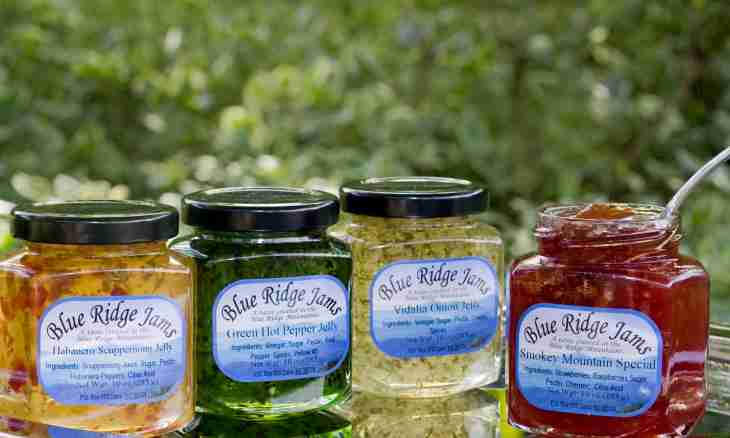Pectin (from the Greek pektos – stiffened, curtailed) is a polysaccharide of natural origin. It represents the sticking together substance, a structural element of fabrics which maintains turgor, increases resistance of plants to a drought and promotes long-term storage. Pectin is soluble food fiber and contains practically in all higher plants – root crops, vegetables, fruit and some seaweed.
Use of pectin
Pectin is widely used in pharmaceutical and in the food industry. Pectinaceous substance promotes effective removal from an organism of ions of heavy metals, pesticides and other harmful compounds and also improvement of work of digestive tract. Pharmacists include it in structure anti-inflammatory and anesthetics of natural origin.
Thanks to structure-forming properties of pectin, there is possible its use as the substance capable to encapsulate drugs.
In the food industry pectin is used as thickener at production marshmallows, ice cream, fruit jelly, jelly, stuffings for candies and juice drinks. As natural additive it has designation E440. Distinguish 2 forms of pectin – liquid and powdery. Depending on a form of pectinaceous substance the sequence of mixing of various products in the course of their preparation is made. Liquid pectin is added to the hot weight which was just welded, and powdery – to cold juice or fruit. The packaged pectin is ideal for preparation of jelly and fruit jelly from fruit and berries.
Commercially pectinaceous substances receive from an apple and citrus residue, a press of a sugar beet and baskets of a sunflower.
Useful properties of pectin
The natural hospital attendant of an organism – physicians quite so call pectin. Soluble food fiber which pectin is, has ability to effectively bring poisons and harmful compounds out of fabrics: pesticides, radioactive elements, ions of heavy metals. It is characteristic that the natural bacteriological balance in an organism at the same time isn't broken. Pectin significantly improves intestinal microflora, has the moderate enveloping and anti-inflammatory effect on mucous a stomach at ulcer defeats, creates favorable conditions for a microbiocenosis – process of reproduction of the microbes useful to an organism. The unconditional advantage of pectin is caused by its action on a metabolism. He actively participates in stabilization of oxidation-reduction processes, improvement of peripheral blood circulation, an intestines vermicular movement, in decrease in level of cholesterol in blood.
The standard daily rate of pectin at which there is a significant decrease in cholesterol in blood is equal to 15 grams. It is better if the organism receives this norm not from pectinaceous additives, and from fresh, dried or tinned berries and fruit.
Pectin in products
The most widespread sources of pectin are apples, pears, bananas, dates, peaches, plums, bilberry, a fig, a citrus (especially there is a lot of it in crusts of a citrus – to 30%). It is slightly less than pectin in strawberry, cherry, pineapples, blueberry, a melon and green peas.
Contraindications
It is almost impossible to receive overdose of pectin from natural sources. However at its unlimited use the decrease in absorption of such mineral substances as calcium, magnesium, iron and zinc is possible. Also process of comprehensibility of proteins and fats can slightly be broken and to begin fermentation with emergence of gases in a great gut (meteorizm).

